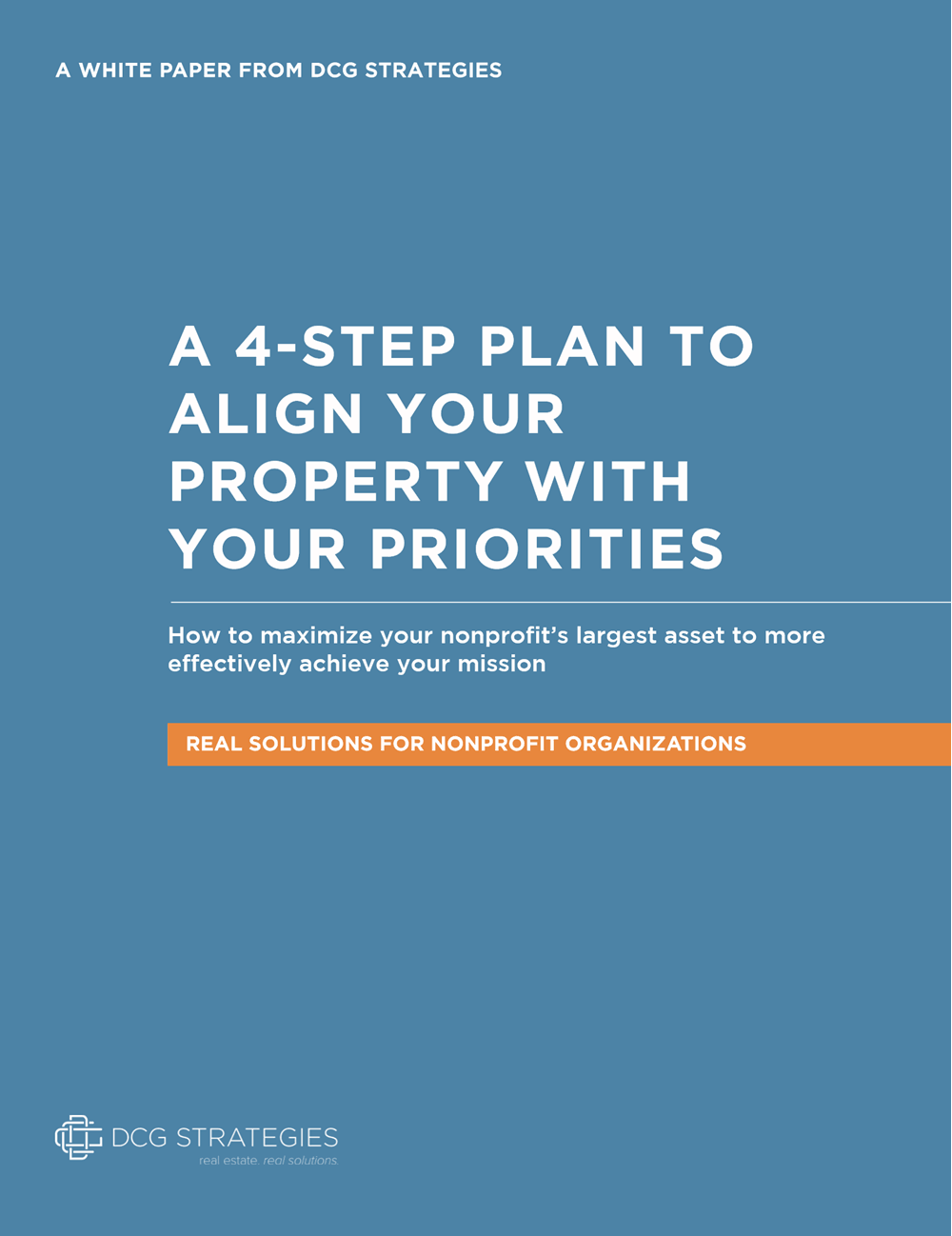Just as growing students should go to the doctor each year for a checkup, it’s important that districts keep tabs on their school real estate assets to catch potential problems before they get worse, as many commercial real estate companies in the Bay Area will tell you. Healthy financial upkeep includes checking property title reports and ensuring the information in them is current.
For unified school districts that have owned buildings for many years, this might not seem urgent — after all, a title report is most relevant when looking to sell school real estate. But most common property title issues that can arise are more easily fixed now than years in the future.
To check your district’s properties for potential problems, request a preliminary title report to give you an overview of the school’s real estate. Once prepared, this will tell you who legally owns the property, the exact property boundaries, and whether there are any liens or encumbrances which might affect a future title insurance policy. Commercial real estate companies in the Bay Area can help go through your title report with you to look over the following four things in particular.

Ownership Of Commercial Real Estate Properties in Bay Area
Is the owner listed correctly in the report? It’s a simple thing, but one that can easily be overlooked in school real estate when a district changes its name. In particular, unified school districts need to make absolutely sure that all property title and ownership has been updated to the new unified name rather than the old district, which is no longer a legal entity.
An outdated name can delay school real estate sales and will need to be updated before the property can be sold in the future, and it’s much easier to make the switch now rather than waiting until there’s a sale deadline to contend with.
Restrictions
The title report will list any easements or restrictions when it comes to the use of the land. It’s important to know these things when planning changes or improvements.
For example, a growing school might require an additional block of classrooms. Whether or not there is room to build an addition depends on knowing the precise property boundaries. If a neighbor holds an easement for a particular part of the land, that means access can’t be blocked by any new construction.
Title restrictions can limit the use of the school real estate for a specified amount of time, as well. This can have an effect on any future buyer — for example, if the land is restricted only for educational use through the next few decades.
Unpaid Bills
Any delinquent or unpaid bills can be converted into liens against a property. This means that when the land is sold, the portion of money owed toward the lien is automatically paid off first. If there are liens lurking unnoticed, it can be hard to know exactly how much your school district could stand to gain through an eventual sale.

Loans
Your school district should be aware of any active loans on their property. If any past owner paid off a loan on the property, that loan should be removed from the property’s title. But sometimes this step — called “reconveyance” — falls through the cracks when navigating school real estate. An old loan that is still listed as active on a title report can cause major problems in the event of a sale, since the seller will need to find documentation that it has indeed been paid off. To avoid trouble with tracking down old documents in the future, make sure any issues are resolved sooner than later.
As your district prepares for the next academic year, don’t forget to protect your long-term school real estate needs by checking preliminary title reports. And if you need help solving any property title issues, contact DCG Strategies. Unlike other commercial real estate companies in the Bay Area, we specialize in guiding school districts and other nonprofits to meet financially healthy real estate goals.






